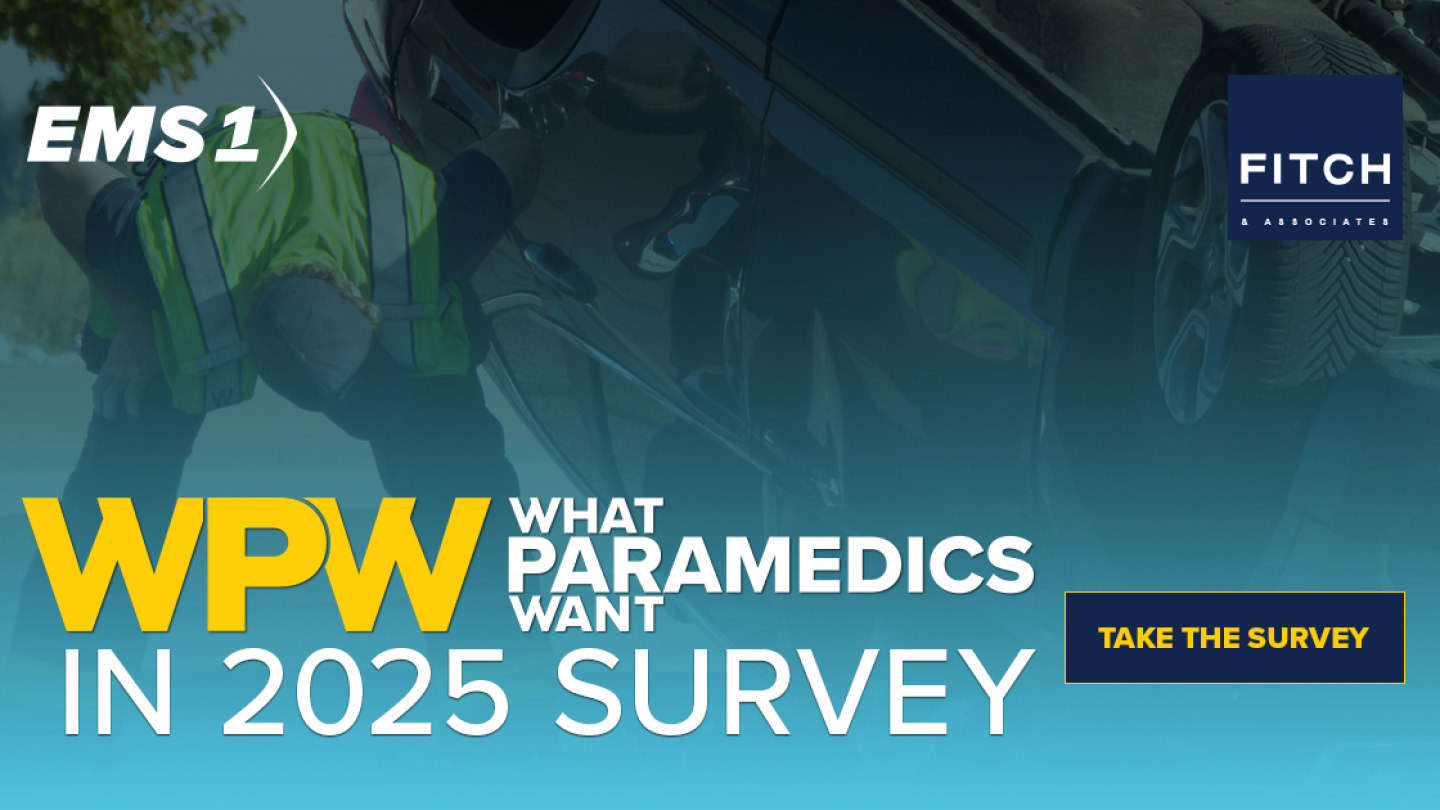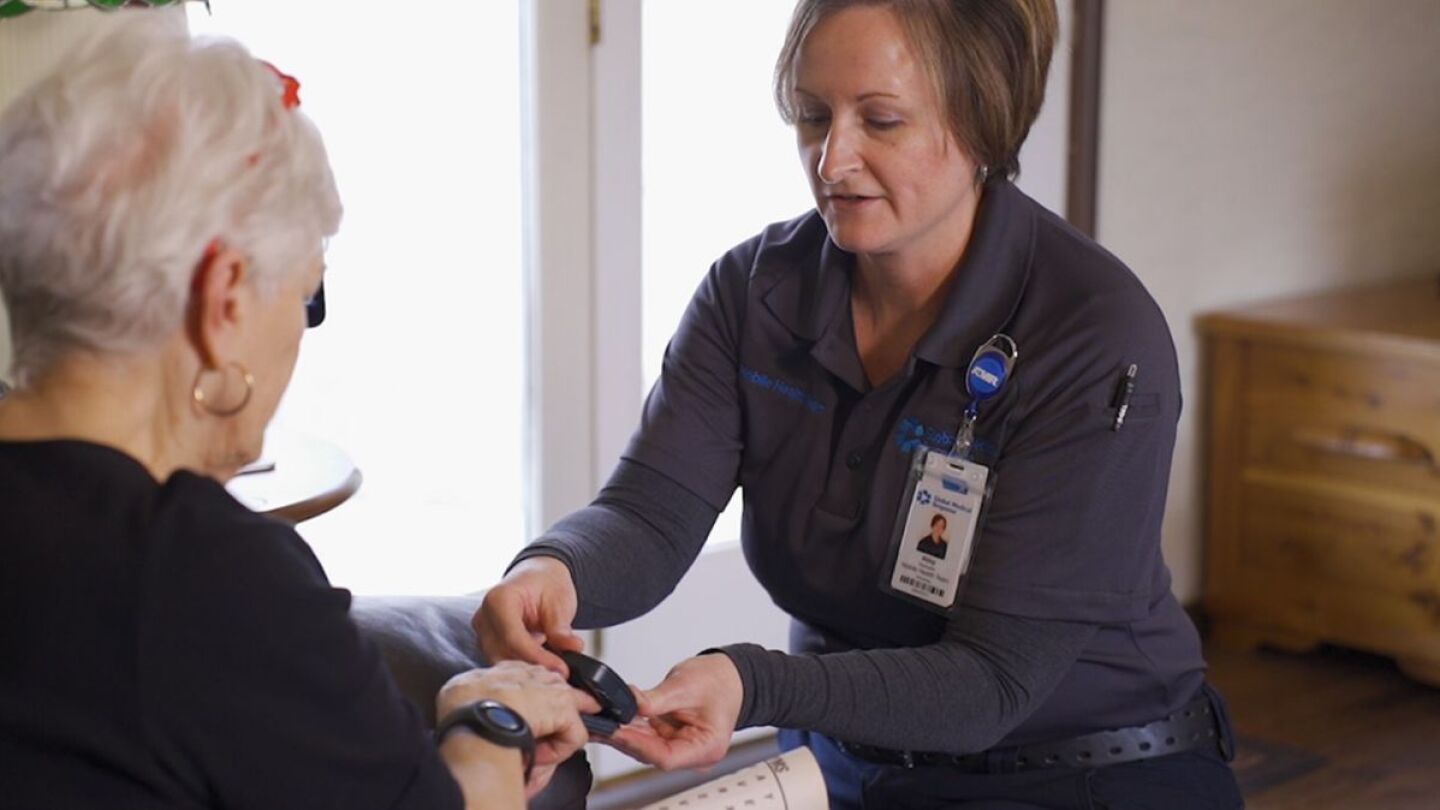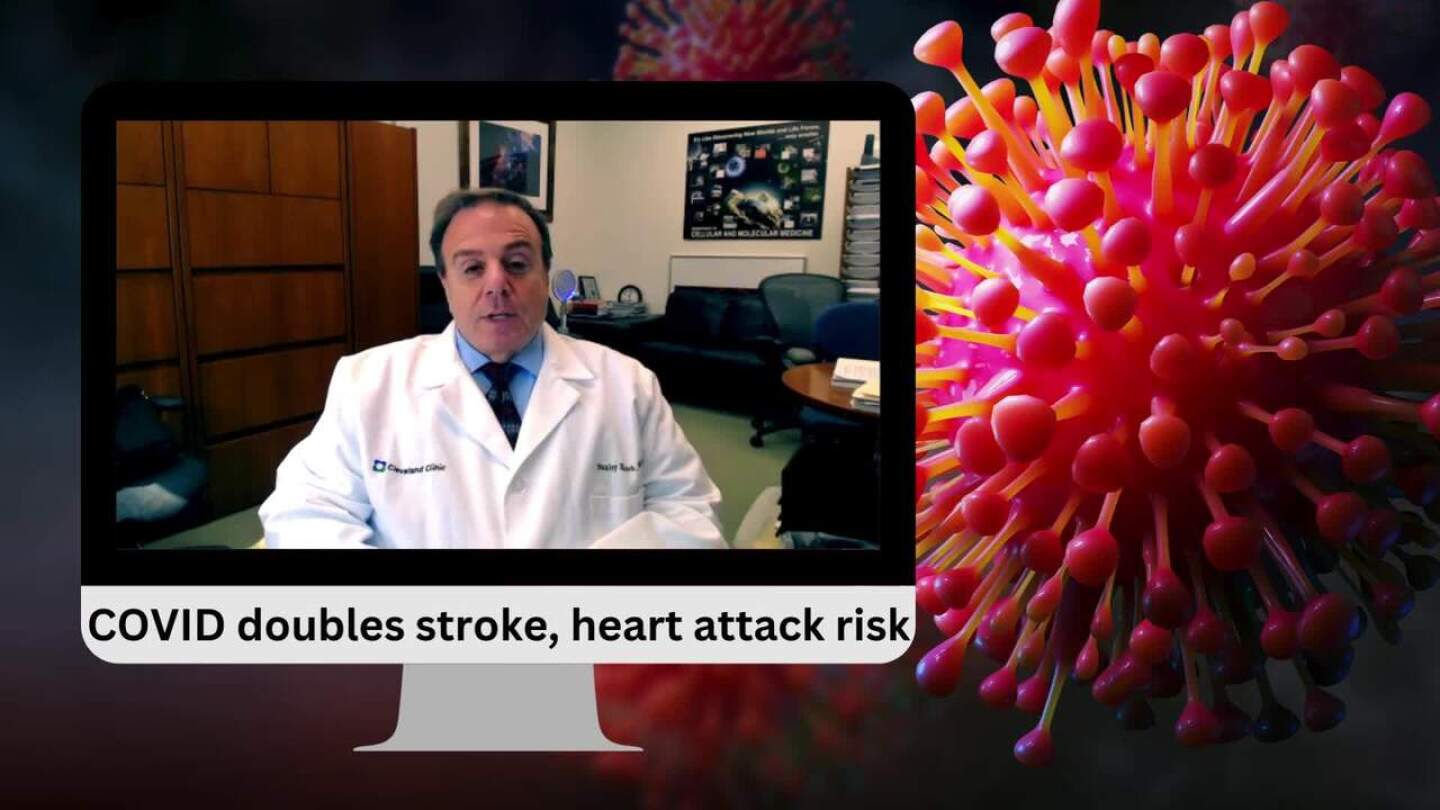EMS1 Research Center
The EMS1 Research Center serves as a central access point for critical prehospital medicine research that can help drive operational and policy changes at the local, state and federal level.
Get insights into EMS provider behavior and beliefs related to hot topics like fatigue management, and participate in EMS1 polls and surveys.
Additionally, find the latest information about research conducted by esteemed EMS organizations, such as the American Ambulance Association, and National Association of EMS Physicians, among other organizations focused on provider health and wellness, patient assessment and treatment, and a variety of safety issues.
What you need to know about opioid overdose reversal drug nalmefene’s risks, effectiveness and clinical concerns
How one fire department added a shift to improve its members’ work-life balance
Female EMS clinicians report high rates of harassment, mental health struggles and limited career support. Research highlights key areas for reform to create a safer and more inclusive workplace.
A study in the Lancet Regional Health — Americas reveals a widening U.S. heart health divide, with wealthier, college-educated individuals facing lower heart disease risks
Lessons from a learning community, Part 2
New research explores how point-of-care lung ultrasound can improve prehospital identification of acute heart failure
The Joint Task Force on EMS Response Staffing Configurations released a white paper focused on patient outcome data during an unprecedented staffing and economic crisis
A randomized trial suggests public spaces may be suitable for blood pressure screenings
Dr. Matthew Walker’s book puts the power of sleep into perspective for all first responders who struggle to sleep
UCSF trial highlights the effectiveness of app-based mindfulness meditation in improving employee mental health and job satisfaction
These devices, crucial for measuring blood oxygen levels, have shown discrepancies in accuracy when used on darker skin, leading to potential health risks for non-white patients, the study states
From an airway management wake-up call to the efficacy of naloxone on out-of-hospital cardiac arrests, these studies will be making waves in 2025

EMS Trend Survey seeks input for What Paramedics Want in 2025 report
The state-of-the industry survey focuses on wellness, career development and satisfaction in EMS
Research highlights the potential population health impact of GLP-1 receptor agonists
How clinical variation, management visibility and unintentional overtime impact provider fatigue, depersonalization
Real-world case studies from EMS Lawyer Doug Wolfberg reveal critical takeaways for EMS providers working alongside law enforcement
Lessons and goals for advancing airway care from the NEMSQA Airway Measures Report
An Ohio State University study finds that a law meant to shield New Yorkers from out-of-network ambulance bills has led to higher prices
What you need to know about Ozempic and other forms of semaglutide
New study shows risk remains elevated for years after a COVID-19 infection, especially for those with certain blood types.
Additional training can help providers who want to do right by patients involved in hospice and end-of-life care
Data from 600,000 stroke patients nationwide shows EMS providers were 20% less likely to give prehospital notification for Black patients
A new study highlights the benefits of the drug to treat opioid-related OHCAs
UC Davis Health researchers found an association between the use of naloxone and both the return of spontaneous circulation and survival to hospital discharge
Despite a lack of evidence, applying a splint effectively has been and will likely continue to be a mainstay of EMS practice
Update your understanding of the role of antibiotics, fluid administration and coordination of clinical care
Learn how ATCEMS identified EMS training goals and implemented an assault reporting function to protect providers from violence
Data from over 50 million EMS activations were submitted by over 14,000 agencies serving 54 states and territories
Informed by evidence EMS chaplain Russ Myers places a high priority on follow-up with EMS personnel and dispatchers after any pediatric patient transport
MOST POPULAR
- A wake-up call on airway management
- Exhausted paramedics: 7 recommendations to reduce impacts of fatigue
- Balancing care and collaboration: Key lessons from EMS and law enforcement interactions
- National organizations release data-based, peer-reviewed research to redesign EMS staffing and delivery
- On-demand webinar: Pharmacotherapy’s role in resuscitation





























